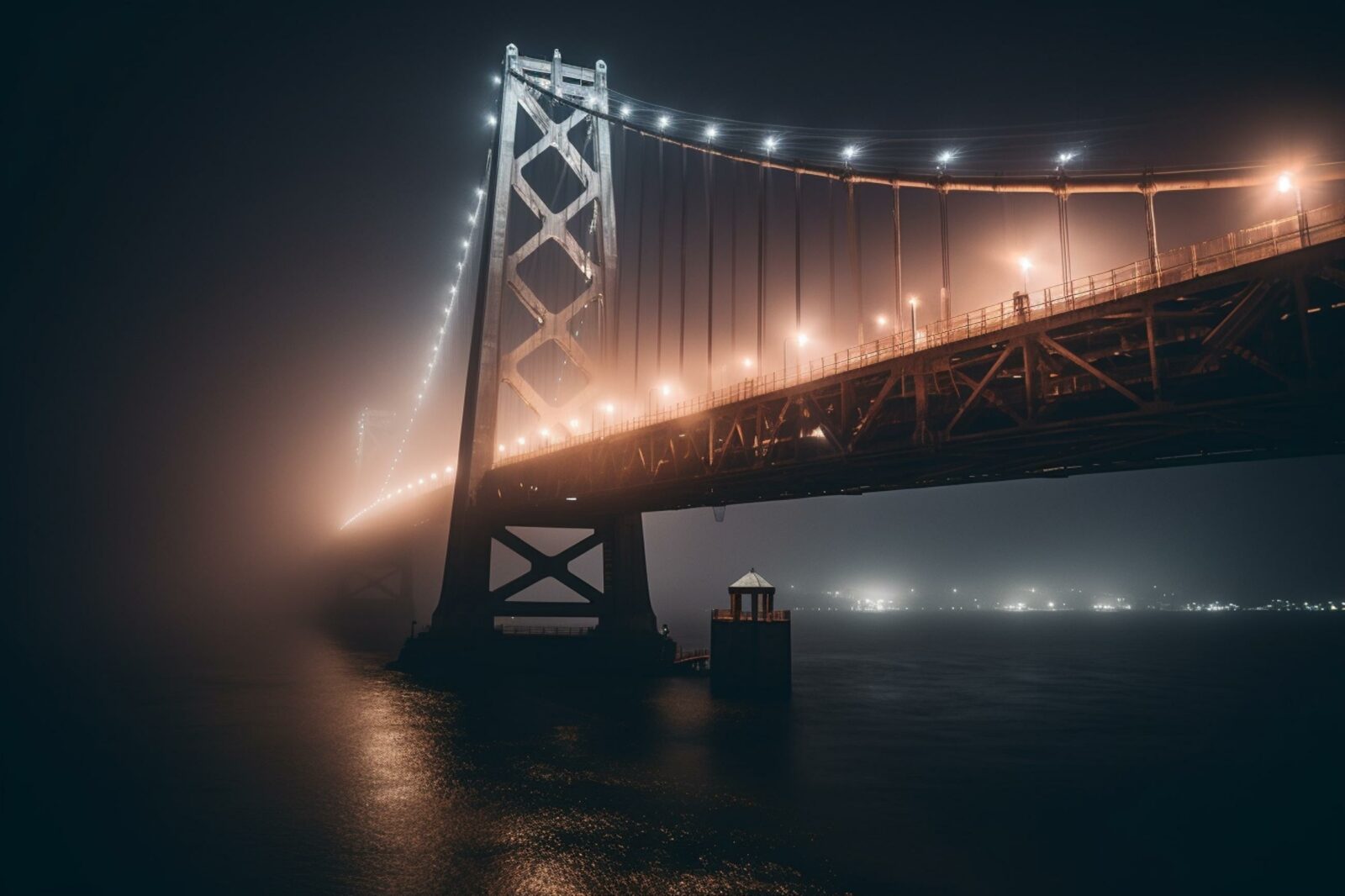Doom Loop City
Originally published at Real Clear PoliticsIt should come as no surprise that an enterprising San Franciscan came up with the idea to host a “doom loop” tour of the moldering city on a hill. The plot twist is that Alex Ludlum, who put together the tour, canceled and refunded tickets for his “Downtown Doom Loop Walking Tour” before its intended Aug. 26 debut.
That would be the weekend Nordstrom shuttered its flagship store in downtown San Francisco.
It turns out, the San Francisco Chronicle reported, Ludlum serves on Ess Eff’s Commission on Community Investment and Infrastructure. He had planned on giving the tour as an “anonymous insider.” After his identity was outed, Ludlum apologized for a “deep error in judgment” and canceled the tour.
“How can a city with a $14.6 billion annual budget be a model of urban decay? How can it spend $776.8 million per year on police and have no rule of law to show for it? How can it spend $690 million on homeless services and receive an official United Nations condemnation for its treatment of the homeless [‘cruel and inhuman’; ‘violation of multiple human rights’]?” a Doom Loop promotion touted.
Where was the outrage? The see-no-squalor crowd aimed its ire at Ludlum, not City Hall. The nonprofit group Code Tenderloin held an alternative boosterish tour.
“We came out because we’re not going to let anyone create an inaccurate narrative for us,” Tenderloin activist Shavonne Allen told the Chronicle.
The real crisis isn’t the narrative; it’s reality. For years, City Hall failed to act as tent encampments spread across the city. Open-air drug markets proliferated as police complained their hands were tied. Big retailers retreated.
“One-third of the police department that should be there isn’t there,” San Francisco Supervisor Matt Dorsey told me, as he recognized the City by the Bay’s “reputation issues.”
Despite a mandated minimum staffing number of full-time police officers at 1,971, there were 1,514 full-duty officers in March, according to a Dorsey letter to the city attorney.
While I see Nordstrom’s closure as San Francisco’s “Day the Music Died,” Dorsey has an alternative doom date: the day in April when a new Whole Foods in the Mid-Market area shuttered.
In addition to police understaffing and store closures, Dorsey sees three other phenomena that fed the decline: COVID, the election of anti-incarceration district attorneys — voters recalled DA Chesa Boudin in 2022 — and fentanyl.
“Do you think the worst thing that could happen to somebody who is addicted to fentanyl is an arrest?” Dorsey asked rhetorically as he contemplated many of his fellow Democrats’ support for defunding the police.
Dorsey, who volunteers that he is a recovering addict himself, likened San Francisco’s situation to the experience of the family members of substance abusers. They keep making accommodations for a loved one’s destructive behavior — and then are weighted with the consequences.
Stores have to secure merchandise and hire security to prevent theft. Schoolchildren have to walk around users nodding off on sidewalks. Sanitation workers have to clean up feces and needles littered on city streets.
City officials have increased funding for new police hires — which is great, as long as another defund-the-police wave doesn’t slam the pendulum in the wrong direction. Because who wants to live in a doom loop?
